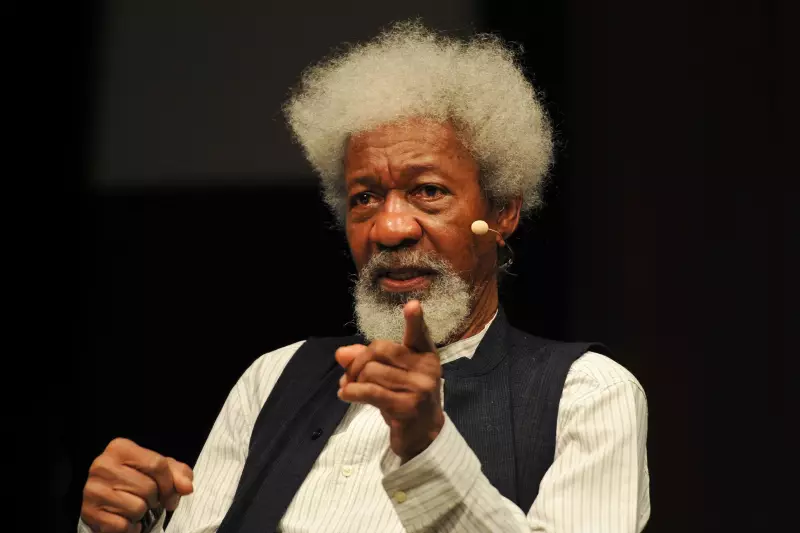
Nobel Laureate Professor Wole Soyinka has made a startling revelation about his ongoing visa issues with the United States government. The renowned playwright and activist disclosed that his American visa was abruptly revoked following his public criticism of US political interference in Nigeria's internal affairs.
The Catalyst: Speaking Truth to Power
According to Soyinka, the visa cancellation came as a direct response to his vocal opposition to what he described as unwarranted American meddling in Nigeria's political landscape. The literary giant emphasized that he remains unapologetic about his stance, stating that no nation should tolerate external forces attempting to influence its democratic processes.
A Pattern of Resistance
This isn't the first time Soyinka has faced travel restrictions from Western nations. The celebrated author recalled a similar incident in the 1990s when the United Kingdom denied him entry during the oppressive military regime in Nigeria. Throughout his career, Soyinka has consistently used his platform to challenge authoritarianism and defend national sovereignty.
The Principle Behind the Passport
In his characteristically principled manner, Soyinka made it clear that he isn't seeking visa restoration. Instead, he's using the incident to highlight broader concerns about international relations and the right of nations to determine their own political futures without external manipulation.
Global Reactions and Implications
The revelation has sparked conversations among literary circles and political analysts worldwide. Many see the visa revocation as a concerning development that could have chilling effects on freedom of expression and the ability of public intellectuals to speak critically about international affairs.
Despite the travel limitations, Soyinka remains committed to his advocacy work and continues to be a prominent voice in global discussions about democracy, human rights, and artistic freedom.





